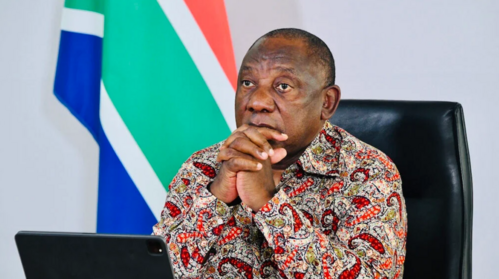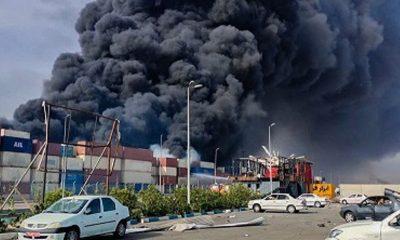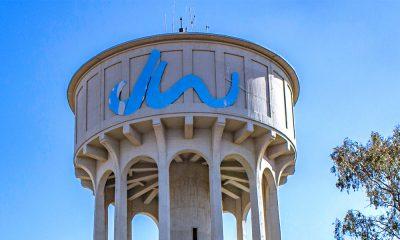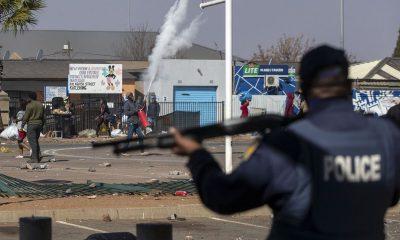411
South Africa Faces Social Unrest Warning as Tax Pressure and Failing Services Mount

South Africa is facing a mounting risk of social unrest, driven by a toxic mix of tax pressure, deteriorating public services, and deepening inequality.
Renowned economist Dawie Roodt has warned that the government’s overreliance on taxation—especially a possible hike in Value-Added Tax (VAT)—could spark widespread protests. Meanwhile, President Cyril Ramaphosa admits that the ongoing water crisis and municipal mismanagement may further fuel public anger.
“Only One Tax Tool Left – and It’s the Worst One”
In a recent interview with BizNews, Dawie Roodt said that income and corporate tax rates have already reached unsustainable levels, leaving VAT as the only significant remaining revenue option.
However, he warned that a VAT increase would hit South Africa’s poor the hardest, who are already struggling with high unemployment and rising living costs.
“Ideologically, the ANC wants to spend more money, not less,” Roodt said, referencing plans like the National Health Insurance (NHI) and a potential basic income grant.
“But income and company taxes are maxed out. That leaves VAT— and that’s bad for inequality and likely to lead to social unrest.”
He also accused the ruling ANC of maintaining extensive patronage networks fueled by unchecked state spending and tender manipulation.
Water Crisis and Corruption Add Fuel to the Fire
President Cyril Ramaphosa, speaking at the National Water and Sanitation Indaba on 27 March, admitted that poor access to clean water and corruption in municipalities have created a fragile situation that could lead to increased protests.
Local Water Services Authorities (WSAs) are buckling under ageing infrastructure, and it’s estimated that R89.9 billion is needed over the next decade just to fix existing problems.
In some areas, criminal syndicates referred to as “water mafias” have reportedly been sabotaging infrastructure to profit from emergency water supply contracts—often with municipal officials complicit in the scheme.
“These factors make for what is called a perfect storm,” Ramaphosa said.
“Protests linked to water shortages are already becoming a reality.”
He also highlighted concerns about governance at water boards, several of which are currently being investigated by the Special Investigating Unit for alleged corruption and fraud.
Businesses on High Alert
The rising risk of civil unrest isn’t just a concern for economists and politicians—it’s also a top priority for South African businesses.
According to a new report by Allianz Commercial, 79% of South African businesses are deeply worried about the potential for renewed unrest, recalling the devastating impact of the July 2021 riots.
Global insurance data shows that over the past decade, losses from major social unrest events—including those in South Africa—have exceeded $10 billion (R191.7 billion), often surpassing claims from political violence or terrorism.
“The ripple effects from unrest can be devastating—disrupted operations, property damage, and frightened customers,” said Srdjan Todorovic, Head of Political Violence at Allianz Commercial.
“Rising inequality, weak governance, and corruption are major risk accelerators.”
The Bottom Line: A Fragile Political and Economic Mix
With the ANC under pressure to find revenue without increasing VAT, and municipal services deteriorating, South Africa stands at a crossroads.
The warning signs—from economists, government, and business leaders—all point to a volatile year ahead unless urgent reforms are implemented. Unless the government addresses service delivery, corruption, and tax reform in a balanced way, public frustration may boil over into large-scale unrest.
{Source: BusinessTech}
Follow Joburg ETC on Facebook, Twitter , TikTok and Instagram
For more News in Johannesburg, visit joburgetc.com


























